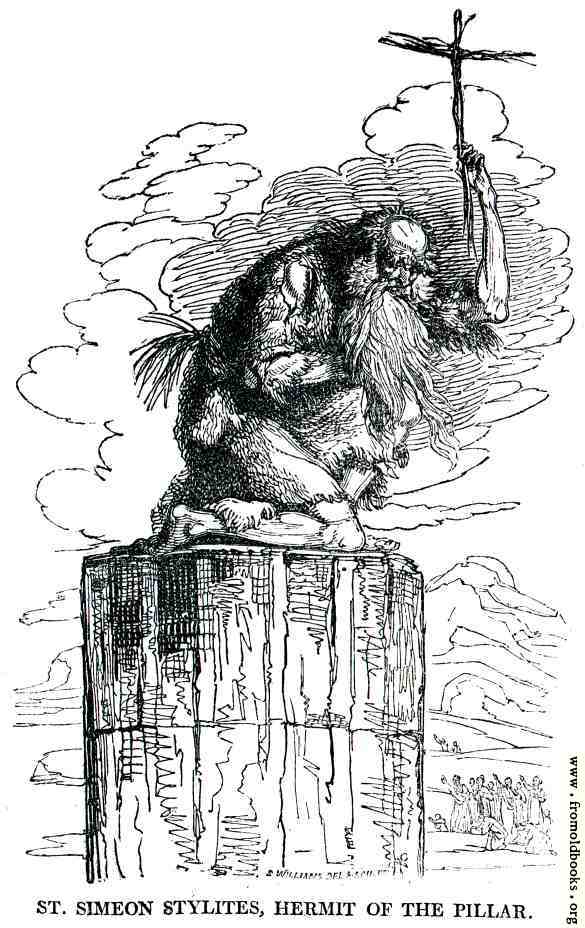Saddam Hussein and the Death Penalty
As you already know, Saddam Hussein has been executed. The Vatican's representatives have "decried" the execution. However, I think that Hussein's death was moral according to Church teaching.
Let me say first that the men who spoke for the Vatican, Fr. Lombardi and Cardinal Martino, are not protected by the guarantee of infallibility. Their condemnation of the death penalty does not override the Catechism of the Catholic Church, which Pope John Paul II called the "sure norm" for teaching the Faith. The Catechism says:
"Assuming that the guilty party's identity and responsibility have been fully determined, the traditional teaching of the Church does not exclude recourse to the death penalty, if this is the only possible way of effectively defending human lives against the unjust aggressor. If, however, non-lethal means are sufficient to defend and protect people's safety from the aggressor, authority will limit itself to such means, as these are more in keeping with the concrete conditions of the common good and are more in conformity to the dignity of the human person."
The paragraph above summarizes the requirements for a just execution. To wit:
- The person executed must be proven guilty of the crime for which he is executed.
- His responsibility for the crime must be proved.
- He must be executed by a legitimate authority.
- The authority must be certain that he poses a threat to human lives, and
- All non-lethal means of punishment must be certainly inadequate in protecting human lives.
Saddam Hussein's guilt and responsibility for the crime has not been doubted. If Hussein's execution is wrong, it is because the authority that executed him is not legitimate, or Saddam Hussein is no longer a threat, or because non-lethal means suffice to prevent Hussein from causing harm.
The authority that had him executed is the current Iraqi government, set up by the US in 2003. A government set up by an invader is rather questionable in its legitimacy. However, if it is not legitimate, who is the legitimate authority? The various militias and terrorist groups in Iraq? The Hussein government itself? Furthermore, it is recognized as the government of Iraq by the non-Muslim world, unlike the two mentioned above. So, it seems only the current government in Iraq is legitimate.
Does Saddam pose a threat to human lives. This is best answered by asking: what if Saddam Hussein escaped from prison? He would certainly try to regain power. Would he succeed? Possibly. Should he succeed in gaining power, would he commit reprisals like those he committed while in power? Probably. In other words, he poses a threat to human life.
Finally, would non-lethal means suffice to prevent Hussein from being executed? There are three non-lethal means possible: life imprisonment outside Iraq, banishment from Iraq, and imprisonment within Iraq. Imprisonment outside Iraq would require Iraq to turn Hussein over to someone else - probably the USA, or else the UN. However, this would deny Iraq's sovereignty, as one mark of sovereignty is the ability to punish public enemies by oneself. Banishment from Iraq would not contradict Iraq's sovereignty. But in the modern world, full of high-speed communications and transportation, banishment from an area is nearly impossible. Imprisonment in Iraq would not be sufficient protection. The country is in civil war at this time - his prison could change hands suddenly and quickly. Thus, non-lethal methods would be insufficient protection.
In summary, I think that Saddam's execution was moral. It was conducted by a legitimate authority against a man who still threatened Iraq, and was the only sufficient means of protection. It therefore conforms to the Church's teaching on the death penalty.
Histor







 ...Elvis probably has a grudge agi-ageh-against him.
...Elvis probably has a grudge agi-ageh-against him.





